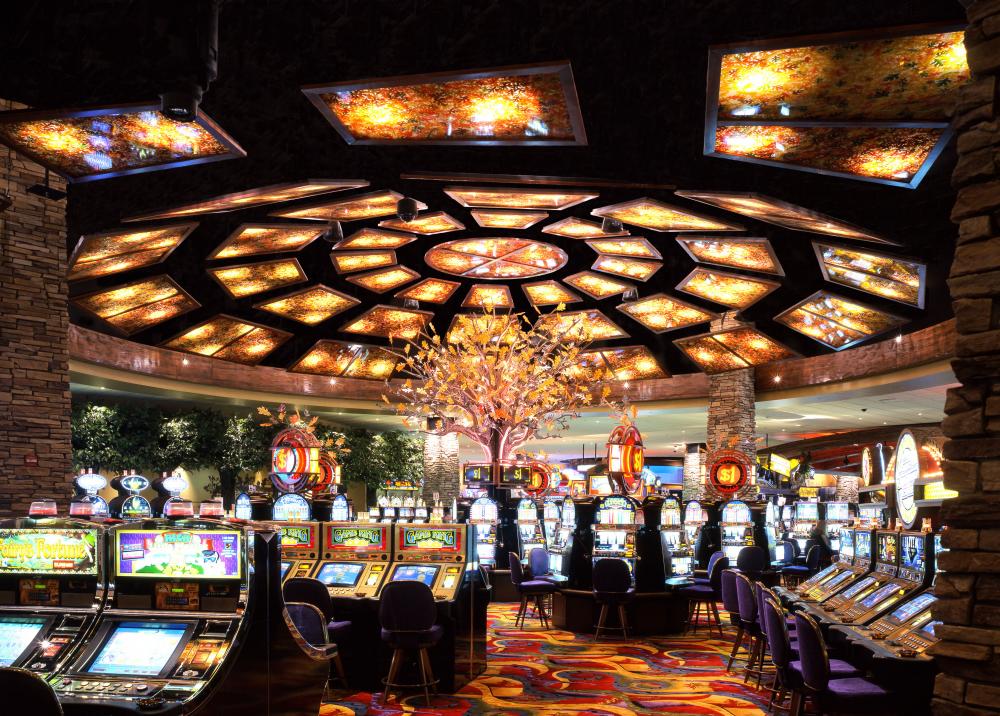Gambling games have captivated for years a diverse audience, offering not only excitement through chance but also a unique experience crafted for various types of players. Including the strategic minds who excel at calculation and skill to recreational players who seek entertainment, casinos understand the nuances of their audience and create games that accommodate these differing preferences.
In exploring the world of casino games, we find a diverse array of choices that interest all types of players. Poker tables with high stakes entice those who are competitive, while exciting slot machines attract individuals in search of instant gratification. Whether it be the allure of winning big or simply relishing the social atmosphere, casinos design their game offerings to ensure that everyone can find their niche where they feel welcome and involved. Comprehending how these games are designed for various player types can enhance not only our understanding of them but also our method for choosing which games to play.
Grasping Gamer Types
In the varied world of gaming games, participants can be grouped into separate kinds based on their motivations and preferences. These participant types range from the laid-back and social gamers, who enjoy the enjoyment value and social connections that gambling provides, to the more strategic and analytical players, who seek to maximize their odds and winnings. Grasping these distinct kinds is essential for casinos to tailor their offerings and create immersive environments.
One frequent type is the group-oriented player, who sees casino games as a form of group interaction and fun rather than a solemn gambling endeavor. These gamers often enjoy games that encourage participation and togetherness, such as poker. Their emphasis is on the process rather than the result, so dynamic settings and collective moments are what they value the most.
On the other end of the scale, tactical players are driven by competition and the quest of expertise. They tend to lean toward games that necessitate decision-making and strategy, such as poker, where their competencies can affect the result. This kind often interacts with the games on a more profound level, utilizing knowledge and tactics to achieve an edge. Understanding these incentives allows casinos to build settings and game selections that address to each player’s distinct preferences.
Game Design Strategies
Gambling games are created with diverse player types in mind, utilizing various strategies to draw in and engage them. casino not on GamStop For casual players, the focus is on ease and clarity. Games like slots are often visually appealing with straightforward mechanics. This enables players to enjoy the experience without a difficult learning curve, fostering an inviting atmosphere. The bright colors, engaging audio, and thematic elements create a playful environment where players can easily get immersed and enjoying themselves.
For tactical players who enjoy a deeper level of engagement, games such as Texas Hold’em and blackjack offer complexity and skill-based elements. These games incorporate strategy and decision-making, attracting to players who thrive on challenge and want to exercise their cognitive abilities. The design of these games regularly includes intricate rules and mechanics that test players to refine their skills and create strategies over time, resulting in a rewarding experience for those who appreciate perfecting the game.
Furthermore, community-oriented players are catered to through games that emphasize interaction and community. This includes live dealer games and multiplayer formats, which foster a sense of camaraderie among players. The design of these games often includes chat features and communal aspects, allowing players to connect and exchange insights. By building an environment where interaction is encouraged, casinos can effectively engage community players, making the gaming experience more pleasurable and memorable.
Enhancing Gamer Engagement
Gambling titles have progressed notably to create a much more entertaining environment for players. Game developers focus on high-quality visuals, dynamic soundscapes, and innovative game mechanics that pull participants into the gaming space. By utilizing digital advancements, such as immersive technology and enhanced reality, gaming establishments ensure that gamers feel as if they are part of a dynamic atmosphere, enhancing not only the enjoyment of the titles but also the entire experience of being in a casino.
Social interaction is another critical aspect in enhancing participant experience in casino games. Many games are developed to facilitate interaction among participants, whether through team play or social tools. This social aspect appeals to players who like communicating with other participants while engaging, fostering a community vibe community. Moreover, social features can include scoreboards, contests, and incentives for cooperative gaming, which engage determined players and encourage them to come back for additional.
In conclusion, customization plays a pivotal role in adapting the engagement for various gamer demographics. Casinos and software designers study gamer activities and tastes to provide customized gaming recommendations and benefits. By comprehending the unique preferences of players, casinos can provide personalized promotions, bonuses, and fresh games that satisfy each gamer, thus boosting their complete engagement and devotion to the gaming venue.





